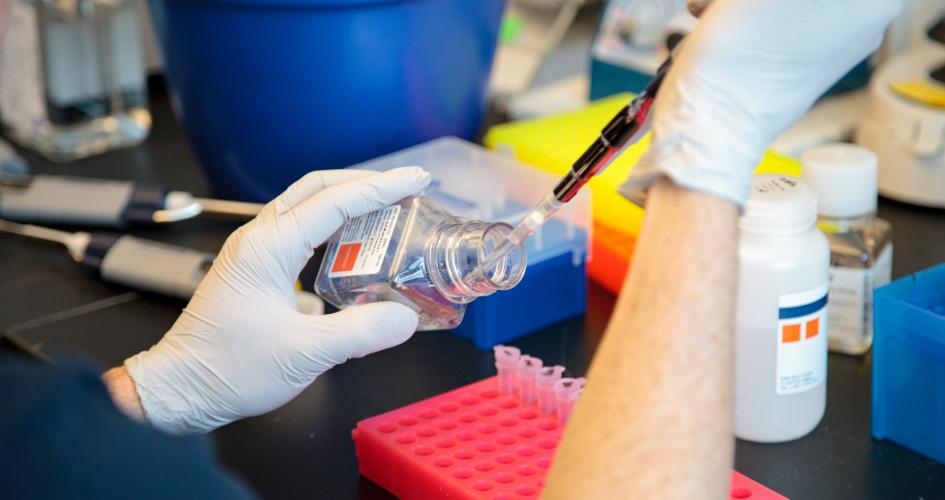
Infection with reovirus, a common but otherwise harmless virus, can trigger the immune system response to gluten that leads to celiac disease, according to new research from the University of Chicago and the University of Pittsburgh School of Medicine.
The study, published in Science, further implicates viruses in the development of autoimmune disorders such as celiac disease and Type 1 diabetes, and raises the possibility that vaccines could one day be used to prevent these diseases.
«This study clearly shows that a virus that is not clinically symptomatic can still do bad things to the immune system and set the stage for an autoimmune disorder, and for celiac disease in particular," said study senior author Bana Jabri, professor in the Department of Medicine and Pediatrics, vice chair for research in medicine and director of research at the University of Chicago Celiac Disease Center. «However, the specific virus and its genes, the interaction between the microbe and the host, and the health status of the host are all going to matter as well.»
Celiac disease is an autoimmune disorder that affects one in 133 people in the United States, although it is believed that only 17 percent of those have been diagnosed. It is caused by an improper immune response to the protein gluten, found in wheat, rye and barley, which damages the lining of the small intestine. There is no cure for celiac, and the only effective treatment is a
Gluten is a dietary protein that is naturally poorly digested, and therefore more likely to engage the immune system than other proteins, even in people without celiac. However, the way inflammatory immune responses to gluten work remains poorly understood. In a 2011 study published in Nature, Jabri’s laboratory reported that
The current study, a collaboration with Terence Dermody, chair of pediatrics at the University of Pittsburgh School of Medicine and
«We have been studying reovirus for some time, and we were surprised by the discovery of a potential link between reovirus and celiac disease," said Dermody. «We are now in a position to precisely define the viral factors responsible for the induction of the autoimmune response.»
The study also found that celiac disease patients had much higher levels of antibodies against reoviruses than those without the disease. The celiac patients who had high levels of reovirus antibodies also had much higher levels of IRF1 gene expression, a transcriptional regulator that plays a key role in the loss of oral tolerance to gluten. This suggests that infection with a reovirus can leave a permanent mark on the immune system that sets the stage for a later autoimmune response to gluten.
The study suggests that infection with a reovirus could be a key initiating event for developing celiac. For example, in the United States, babies are usually given their first solid
«During the first year of life, the immune system is still maturing, so for a child with a particular genetic background, getting a particular virus at that time can leave a kind of scar that then has
Jabri and her team, including postdoctoral researchers Romain Bouziat and Reinhard Hinterleitner, are collaborating with graduate student Judy Brown and additional members of Dermody’s team at UPMC to study the common critical features of
The study was supported by the National Institutes of Health, the University of Chicago Celiac Disease Center and Digestive Disease Research Center Core, the Bettencourt Schueller Foundation, the Dutch Sophia Research Foundation and the Austrian Science Fund.
Source: https://news.uchicago.edu/article/2017/04/06/seemingly-innocuous-virus-can-trigger-celiac-disease


